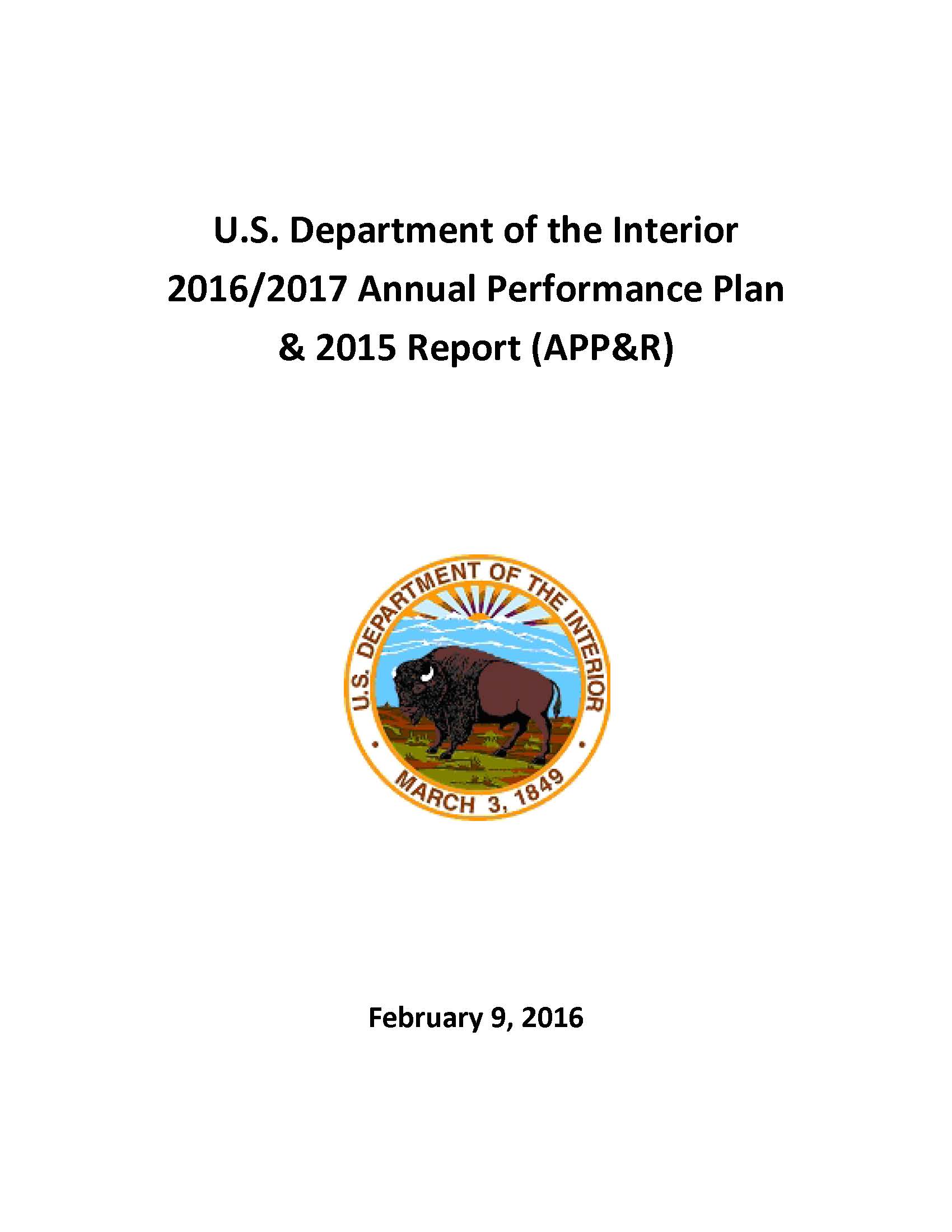- Home
- Agencies
- Department of Agriculture
- Department of Housing and Urban Development
- General Services Administration
- Department of Commerce
- Department of the Interior
- National Aeronautics and Space Administration
- Department of Defense
- Department of Justice
- National Science Foundation
- Department of Education
- Department of Labor
- Office of Personnel Management
- Department of Energy
- Department of State
- Small Business Administration
- Environmental Protection Agency
- Department of Transportation
- Social Security Administration
- Department of Health and Human Services
- Department of the Treasury
- U.S. Agency for International Development
- Department of Homeland Security
- Department of Veterans Affairs
- Goals
- Initiatives
- Programs
Primary tabs
Key to Changes
This text is Revised text
This word has been added to the text
This text is Last Published text
This word has been removed from the text
Modifed styling with no visual changes
Strategic Objective
Support self-governance and self-determination
Strategic Objective
Overview
Self-governance and self-determination strengthen the government-to-government relationship between the Federal Government and tribal nations. Together, these programs support and strengthen Tribal self-governance, sovereignty, self-determination, and self-reliance, applying local expertise and knowledge to managing tribal functions and services.
Progress Update
This strategy focuses on the accountability aspects of supporting tribal self-governance and self-determination programs. Tribes operating under self-governance and self-determination demonstrate financial statement accuracy and compliance with generally accepted accounting principles by obtaining “clean audits.” In recent years, performance on tribal audits has fluctuated between 70 and 80 percent.
In FY 2015, the Department exceeded its targets for both clean audits and timeliness of management actions on audits and recommendations. Increased performance resulted from training new tribes and employees, increased communication with tribal points of contact for resolving audit findings, and an additional 0.5 FTE at the Department dedicated to managing audits and contract support for self-governance tribes.
- Self-Determination: Under a self-determination contract, a tribe contracts with BIA to take over operation of a program formerly operated by BIA. The funds BIA previously used to run the program transfer to the tribe. Self-determination typically is a program-by-program decision. The Indian Self-Determination Program within BIA works to further American Indian Tribes’ exercise of Self-Determination and conducts oversight of self-determination contracts and grants.
- Self-Governance: Under a self-governance compact, a tribe takes over most or all of BIA operations affecting that tribe. The Office of Self-Governance (OSG) implements the Tribal Self Governance Act of 1994 by developing and implementing regulations, policies, and guidance in support of self-governance initiatives. OSG advocates for the transfer of Federal programmatic authorities and resources to tribal governments and supports Tribal sovereignty and an expanded role in the operation of Indian programs. The program work includes negotiating annual funding agreements with eligible tribes and consortia, coordinating budget and performance data collection from self-governance tribes, and resolving issues identified in financial and program audits of self-governance operations.









